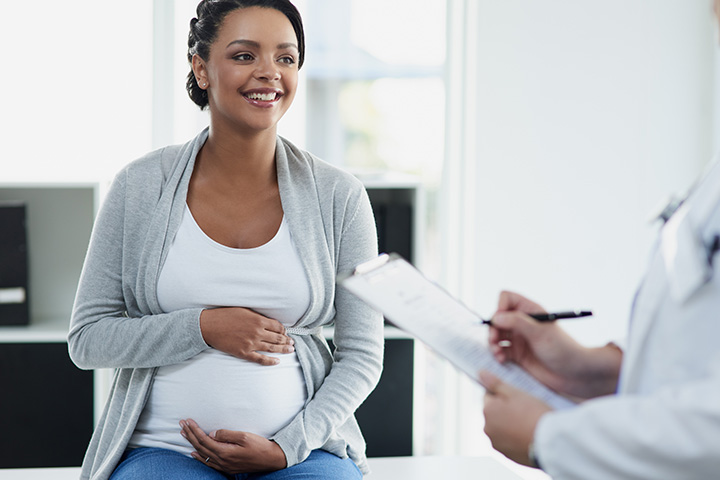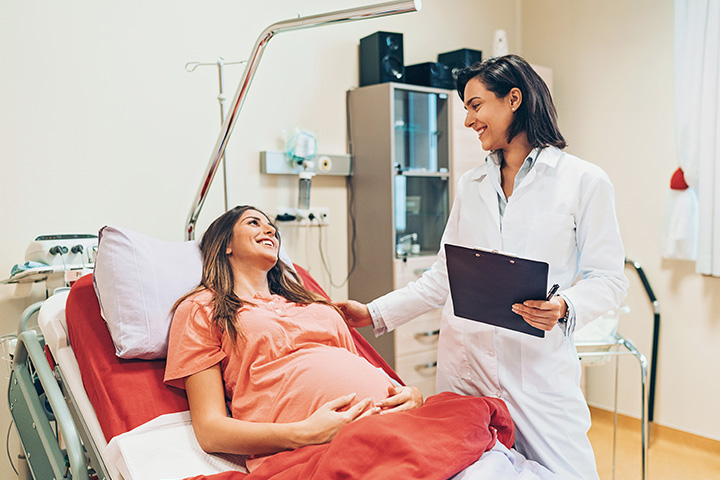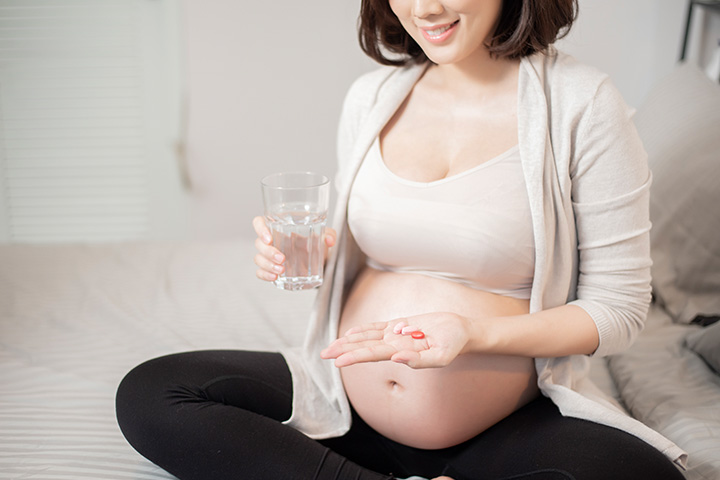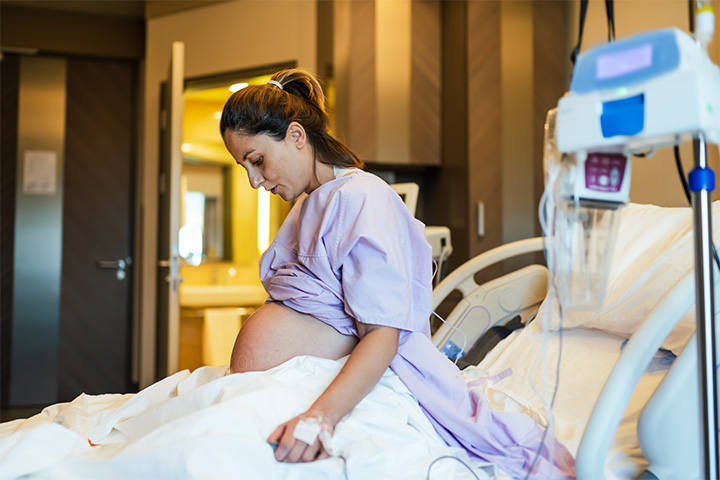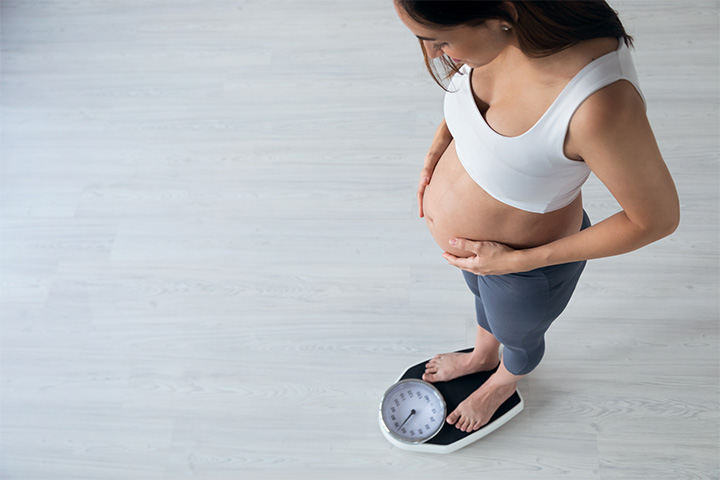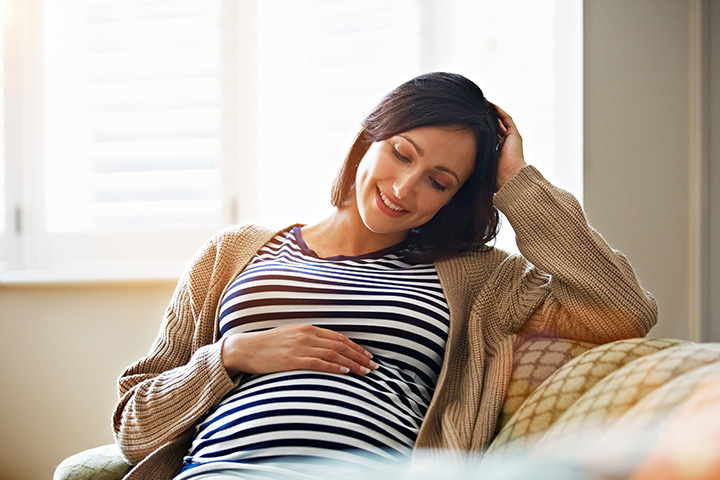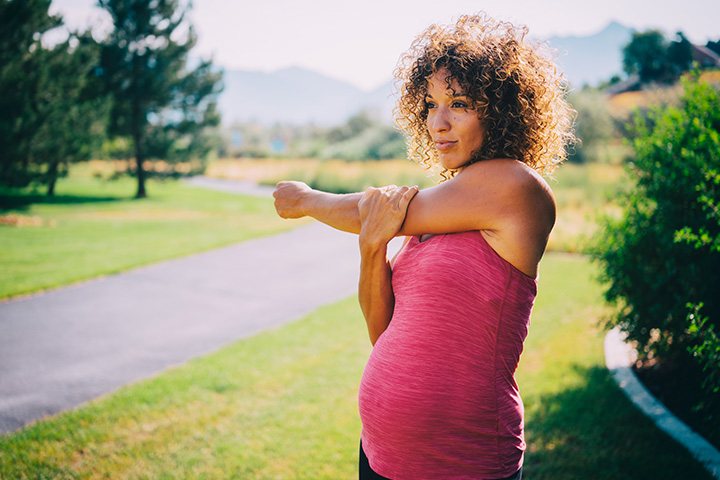
Image: iStock
Planning pregnancy after 35 (also called “geriatric pregnancy”) can come with its own set of challenges. Women who are pregnant over the age of 35 are of the “advanced maternal age”. This usually means that the risks of complications in this pregnancy are higher than usual (1).
Pregnant women over 35 are prone to risks including miscarriage, stillborn babies or premature delivery, gestational diabetes, or even fetal growth retardation, among many others. However, with good prenatal care, it’s possible to avert the problems (2).
So, if you’re planning to start your family at 35 and above, here’s how you can boost your odds of a healthy pregnancy. Read on to know more:
Things To Know About Being Pregnant After 35
Image: IStock
- The number of eggs in your ovaries will decline as you get older, which can make it difficult for you to get pregnant (3).
- You may need fertility treatment if you cannot get pregnant after six months of trying, such as in vitro fertilization or intrauterine insemination (4), (5).
- As a result of hormonal changes in your body, you are likely to release multiple eggs, which may increase your chances of giving birth to twins or more (6).
- You’re more prone to have ectopic pregnancy where the fertilized egg grows outside the uterus, generally in the fallopian tube. The tube can rupture due to the growing egg. This may give rise to a life-threatening ectopic pregnancy (7).
- The chances of a miscarriage are higher. Poor egg quality means a higher chance of chromosomal abnormalities that might lead to a miscarriage. You are also more likely to have higher blood pressure, contributing to miscarriages (8).
- You are also more likely to have an increased risk of stillbirth (9).
- Gestational diabetes is another condition you may contract during pregnancy post 35 years of age. Some women may need insulin, but gestational diabetes could lead to complications if left untreated (10).
- Older moms are also likely to give birth to babies with abnormalities like Down syndrome (11).
- The risk of premature birth is also higher in women who conceive after 35. Premature babies have lower weight, hearing loss, or visual problems, among other issues (12).
How To Have A Healthy Pregnancy After Turning 35?
Image: IStock
Healthy pregnancy is possible if you’re planning to get pregnant over 35 years of age. Here are a few essential steps you should bear in mind:
1. Take Prenatal Vitamins
Image: IStock
You need to be as healthy as you can before you conceive. It’s good to take prenatal vitamins that contain at least 400 micrograms of folic acid before getting pregnant. This should help prevent neural tube congenital disabilities like spina bifida, where the tissue over the fetus’ spin cord fails to close and hinders development (13).
2. Seek Your Doctor’s Advice
Image: IStock
A preconception check-up is crucial if you plan to become pregnant post 35. Your doctor will help you find the best vitamins to support a healthy pregnancy. They’ll also be able to answer all your questions about a proper diet, prenatal exercise routine, or any other external factors that you need to avoid, ideally for the next nine months of your gestational period.
3. Check Out Your Birthing Options
Image: IStock
While most women over the age of 40 are likely to go for a C-section considering the high risk of complications associated, it’s not your only option. You don’t necessarily need to have one if you are healthy to have a normal birth (14).
4. Keep Your Weight In Check
Image: IStock
An important thing to consider if you are planning to get pregnant is losing weight if you are overweight. Overweight women are likely to develop problems when they conceive and have difficulties with delivery (15).
5. Get Sufficient Rest
Image: IStock
Older women tend to have established elaborate routines. So, if you feel worn out, give yourself a break if you are planning to become pregnant. To stay healthy and support a fetus, you need to give your body enough rest. Keep the stress away, as this can hamper your chances of missed or delayed periods (16). A well-rested body has a higher chance of getting pregnant.
6. Have Nutrient-Rich Food
Image: IStock
Keeping a close check on what you eat is essential. Eat more greens like spinach, beans, nuts, and seeds that are good sources of folic acid. Try and include a wide range of healthy food options, so you and your baby receive sufficient nutrition (17).
7. Stay Fit And Active
Image: IStock
You need to have a solid plan to stay fit during this time. You can enroll in any class that pushes you to be energetic. If not, just make walking your best friend. Working out regularly will also uplift your moods (18).
Fertility challenges can be difficult to deal with. It might cause you to get frustrated and become hopeless. And you’re not alone. Many women struggle with pregnancy post 35 years of age. However, it’s possible to give birth to a healthy baby if you follow the advice of your healthcare advisor. Did you face issues when trying to get pregnant after 35? Do share your experiences with us in the comments section below.

